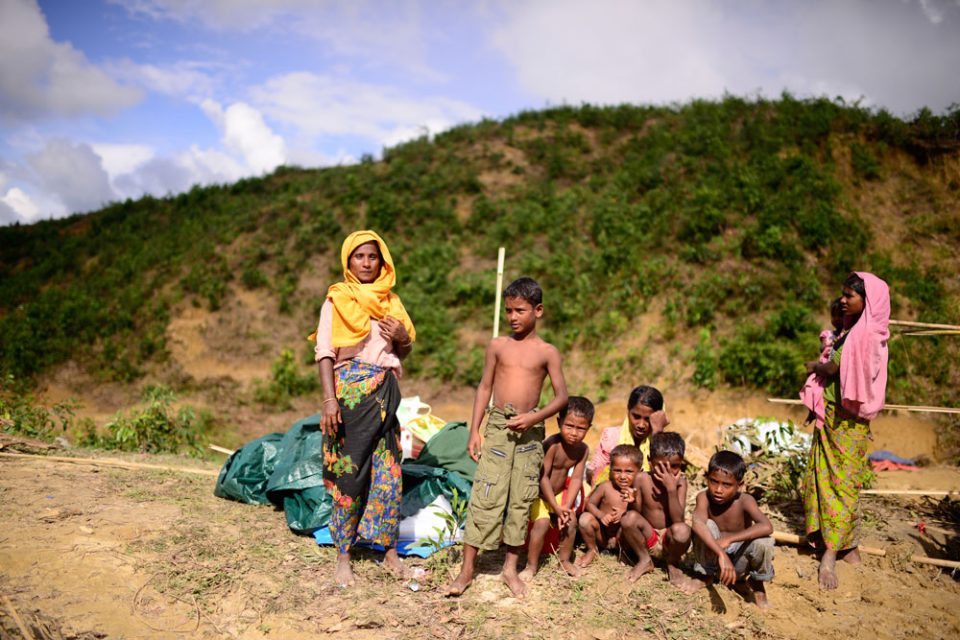With free and open communications, health workers can get information that may prove crucial to containment
There is no denying that the Rohingya refugees in Bangladesh are particularly vulnerable to the spread of Covid-19, and so, we must take extra care in not only ensuring their health and safety, but also that their basic human rights are protected.
To that end, it is of utmost importance that the communication restrictions, specifically restrictions on their usage of mobile internet, be lifted at this time of crisis.
It is good to see that this very plea has been made by 50 organizations, who have urged the government to not only lift internet restrictions, but also halt the construction of barbed wire fencing along the refugee camps.
This is a time to work together to avert a health catastrophe, not a time for paranoia to rule and divide us. Indeed, it will be a great tragedy if fear causes us to forget our humanitarian obligations towards the Rohingya, who have endured terrible persecution already back in their home countries.
When it comes to fighting disease and staving off the spread of a virus, communications are crucial. As the joint letter sent to the government has stated, unfettered internet access will make it easier for all parties to share information pertinent to stopping the spread of disease.
With free and open communications, health workers can get information that may prove crucial to containment. As the recent culture of working from home has shown, the internet is what has made it possible for many of us to be productive at a time when social isolation is encouraged.
There are about a million Rohingya refugees in these camps. Cutting them off from potentially lifesaving communications is not in anybody’s interest right now.


